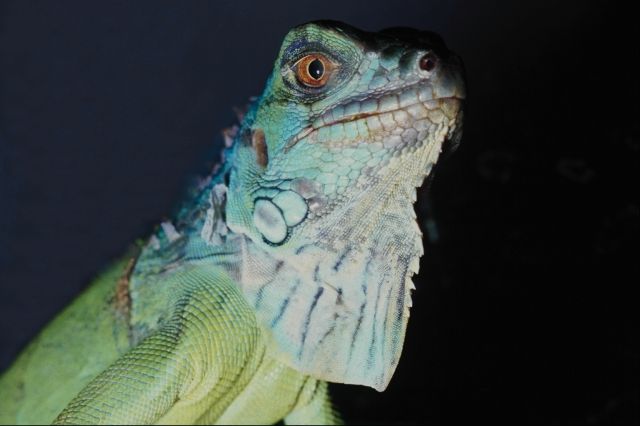|
|
Allergen-Free* Pets Database

People with food allergies often have allergies to other substances, and may even be allergic to animals. Sadly, this can be especially difficult for children, but it may also be difficult for families where some individuals want to have their lives enhanced by owning pets.
We've written profiles of some pets that may be suitable for individuals with allergies. It is important before purchasing a pet to speak to an allergist, undergo appropriate testing, and also research a lot about the animal. You can find out much more about all of the animals by searching for websites on the species. None of the profiles should be considered inclusive, but should only be the beginning of researching an animal before acquiring it.
Before we begin talking about our animals,
here are a few tips for becoming a successful new allergen-free pet owner.
Be wary of any furred or feathered animal advertised as hypoallergenic. Furless cats and hairless dogs, for example, still produce dander. In many cases, allergies are actually to components of an animal's saliva! It's important to speak to a reliable allergist about what animal(s) will not cause a reaction.
Even the more highly accepted "allergen-free" pets may be allergenic to some individuals. For example, one FAST member can't be around fish, whether they're on a plate or in a tank, without risking having a serious allergic reaction. This is why it's so important to visit a trusted allergist before acquiring any pet, even if it's a pet you wouldn't think might pose a risk.
Ask around to see if a friend or acquaintance owns the type of animal you're interested in. This gives you a chance to observe the animal, see some of the care involved, and ask questions.
Read ingredients on pet foods (and other pet supplies) before purchasing a pet. As hermit crab owner Jenn Borgesen points out, foods for animals often contain common allergens, including (but not limited to) dairy, seafood, soy, and wheat. Bedding might be made of such food ingredients as corn or wheat. While a specific animal may not cause a reaction, it's possible that its supplies could!
Children should be secondary caretakers to animals. Parent(s) should be open to taking over the care of the animal should the child forget to, do an inadequate job, or lose interest.
Read as much as you can about the specific species before making up your mind. The Internet often has more up-to-date information than books. If using books, opt for ones that are highly rated (such as on an online bookstore website) and have been published recently.
Purchase and set up all of the supplies for a pet before acquiring it. Many new pet owners make the mistake of trying to purchase everything at once, which inadvertently puts stress on the new animal. It can take a long time to set up a pet environment, and an aquarium requires cycling. If you live in a small town or want a more exotic pet, some needed items may be available only through mail order, requiring purchase before obtaining the animal. You can make the wait more fun for children by thinking up pet names and reading about proper pet care.
Find a quality veterinarian before adopting a pet, and before an emergency arises. Especially in the case of exotic animal species, specialists may be difficult to find in some areas.
Animals may carry diseases. As reptile owner Cindy points out, animals may harbor bacteria, illnesses, or diseases such as salmonella. Instruct children to wash their hands after handling pets, and not kiss the animals. Purchase pets from reliable sources, and speak to your veterinarian if you have any questions.
Animals can be illegal in certain areas. Especially when dealing with more exotic pets, they may be illegal in your area. It's good to check before acquiring an animal. Some areas are interested in the safety of human caretakers, but often the pets are banned because they could hurt native wildlife if illegally released into the wild.
* Only your allergist can determine what is truly allergen-free for you and/or your child. The animals in the above profiles are fur- and feather-free, but that doesn't mean they will necessarily be allergen-free for all individuals. This website and participants in this article are not responsible for reactions that take place as a result of owning any pet.
Would you like to help by providing a profile of your favorite pet(s)? Only profiles including a personally-taken photo(s) will be accepted. Send an e-mail from this webpage, including all of the following information: your name as you would like to be credited, size and appearance of the animal, general housing requirements, lifespan, responsiveness to humans, quantity, and any fun notes. Thank you for taking the time to share about your pet(s)! E-mails about broken links are also appreciated--just use the link above.
This database was started May 2006.
|


